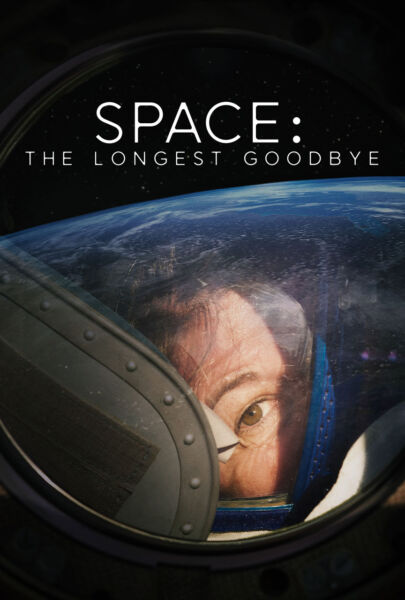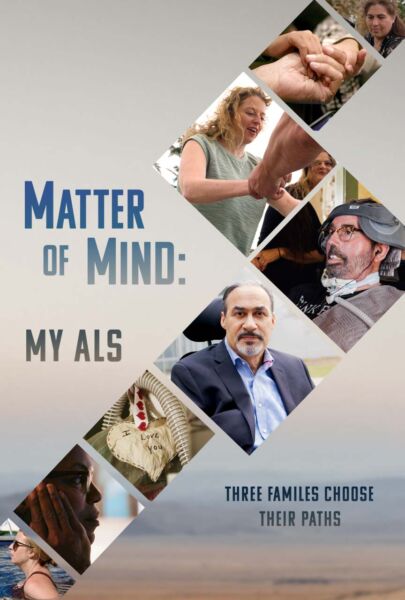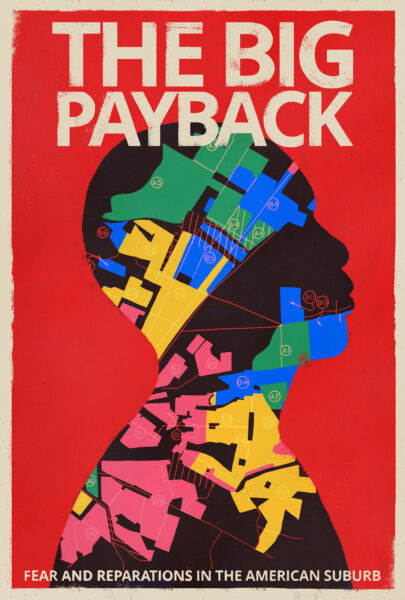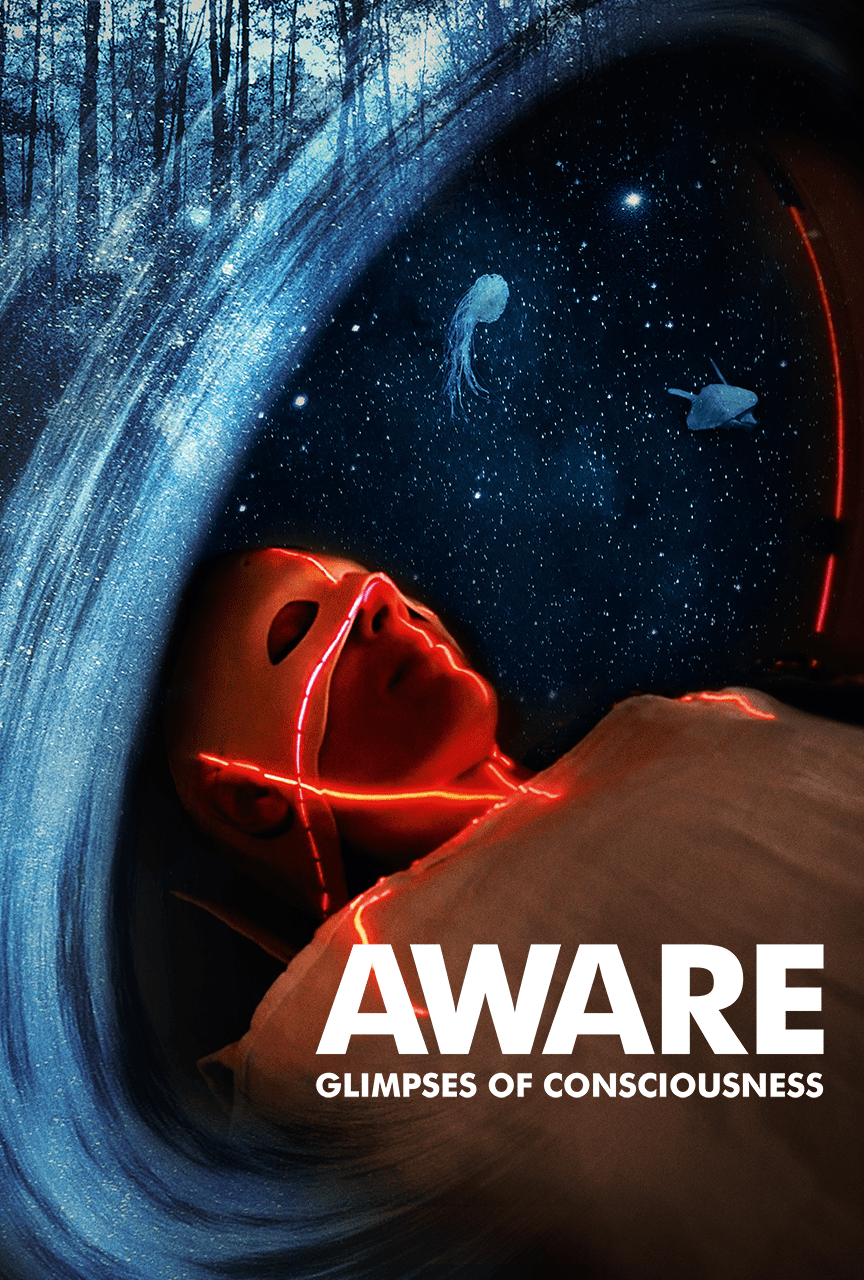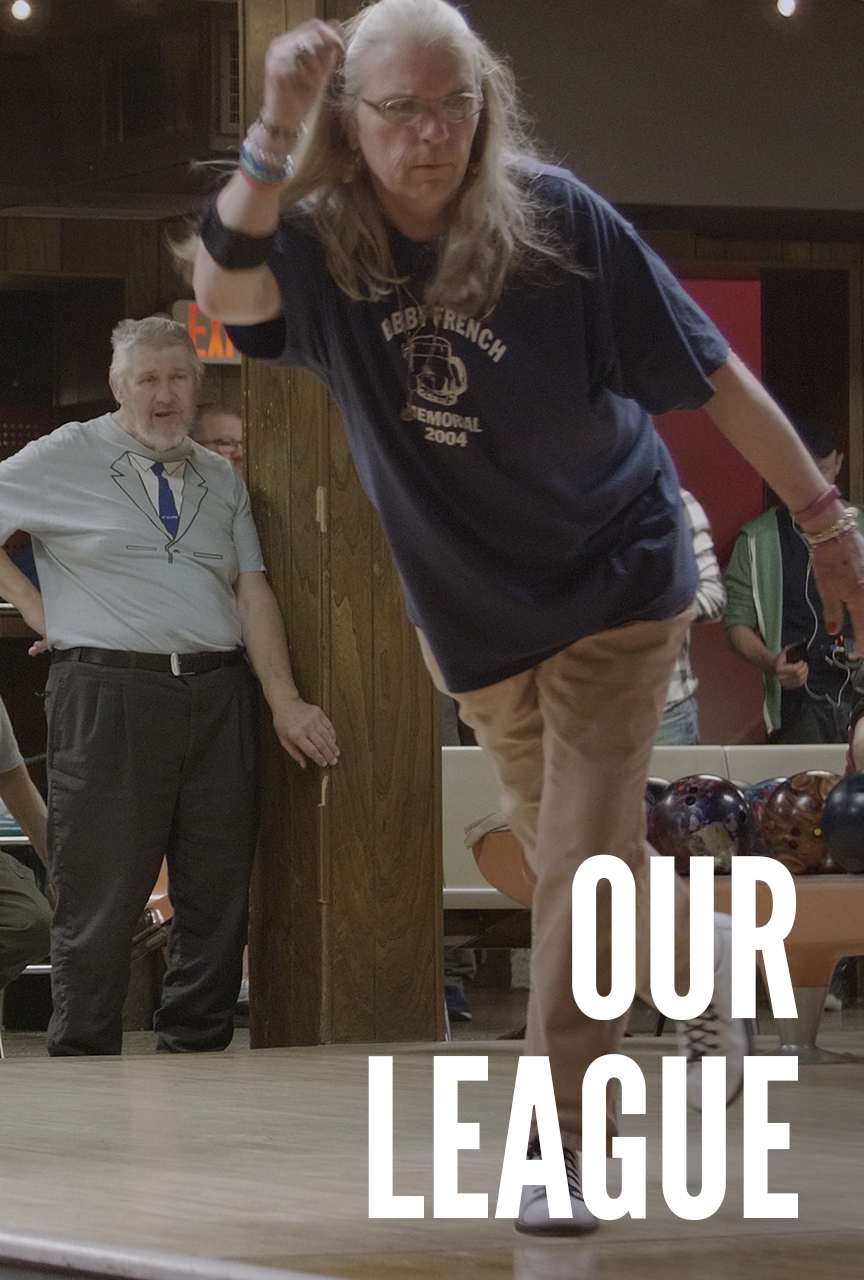Cartoonist Peter Dunlap-Shohl was diagnosed with Parkinson’s disease (PD) at the age of 43. In the documentary Matter of Mind: My Parkinson’s, he remarks, “To lose the ability to draw would be a catastrophic loss of myself in a sense.”
But despite being diagnosed with the degenerative movement disorder, Peter continues to draw—and quite successfully, thank you.
A former political cartoonist—he drew for the Anchorage Daily News in Alaska for years before moving to Washington state to be closer to better medical care—Peter did contemplate whether he’d be able to continue drawing at all as the disease progressed. But he framed his journey with PD with a sense of humor, turning his experiences into a graphic novel—or “graphic medicine”—entitled My Degeneration.
Peter talked to us about how his drawing has evolved with Parkinson’s and gives advice for other artists—and would-be artists—who also have PD and want to tap into that creative side.
How has your art/drawing style evolved or adapted since your diagnosis?
My drawings tend to be simpler now than in the past. I tire more easily than when I was healthy. I have to tell myself, “Enough is enough,” and lay my stylus down until I am fresh again.
As far as my style is concerned, Parkinson’s-driven ergonomic problems forced me to switch over from analog drawing to drawing with a pad on a computer running Photoshop. I never cared for computer-generated graphics with their electronic sheen and mechanical, untouched-by-human-hands appearance. But it is much friendlier ergonomically, and it solved my pain problems.
“Why would you not take advantage of this new possibility for self-expression?”
I worked to recreate my old cross-hatched pen look. When I finally did, after months of struggle, I felt a moment of triumph and then had an epiphany. I had taken a cutting-edge, 21st-century tool and turned it into something a monk would have used in the Dark Ages.
So I started to work with the new powers that the computer gave me to add color, sound, and motion to my work, while still maintaining my hands-on, hand-drawn look.

For artists with PD, are pen and ink drawings more challenging than painting?
I think either is difficult to do well. One nice thing about computer-based drawing is the undo command. It is much less of a risk to experiment with an image when you know if you don’t like the result you aren’t stuck with it, and it can be undone with a few clicks of a mouse.
Do you have advice for people with Parkinson’s interested in actually learning a visual art form, or continuing to be an artist?
Yes: Go for it.
People on Levodopa therapy, the most effective treatment for PD, often develop creative urges they would not have otherwise: writing books, doing paintings, quilting, etc. Why would you not take advantage of this new possibility for self-expression?
You may not have the manual dexterity of Michaelangelo, or the raw talent of Raphael, but let’s face it, hardly anyone does.
View this post on Instagram
[Peter’s drawing capturing his pandemic life in 2020-2022.]
Was doing your book My Degeneration a cathartic exercise? What did drawing your journey with Parkinson’s do for your outlook?
My Degeneration was a way of understanding my own passage through Parkinson’s. It wasn’t exactly cathartic, but revisiting my past was instructive. I realized how angry I was over having this incurable, progressive, and disabling disease.
I discovered how confused I was in the early stages, which came as a shock to me, I thought I had everything under control.
I didn’t.
I have had contact with others who tell me they have been inspired to create similar works, or who have created similar work and then discovered my book.
There is an entire, blossoming field of comics called “Graphic Medicine,” which explores the way comics can help patients and healthcare providers process what is happening to them due to illness and interaction with the healthcare system.
Note: Peter also recently published a graphic novel on a very different topic, Nuking Alaska: Notes of an Atomic Fugitive, about growing up in Cold War-era Alaska. Both books are available at independent booksellers and wherever books are sold. Here are a series of cartoons Peter did for ParkinsonsDisease.net about Parkinson’s.
Read more about Peter in this Seattle Times feature.



